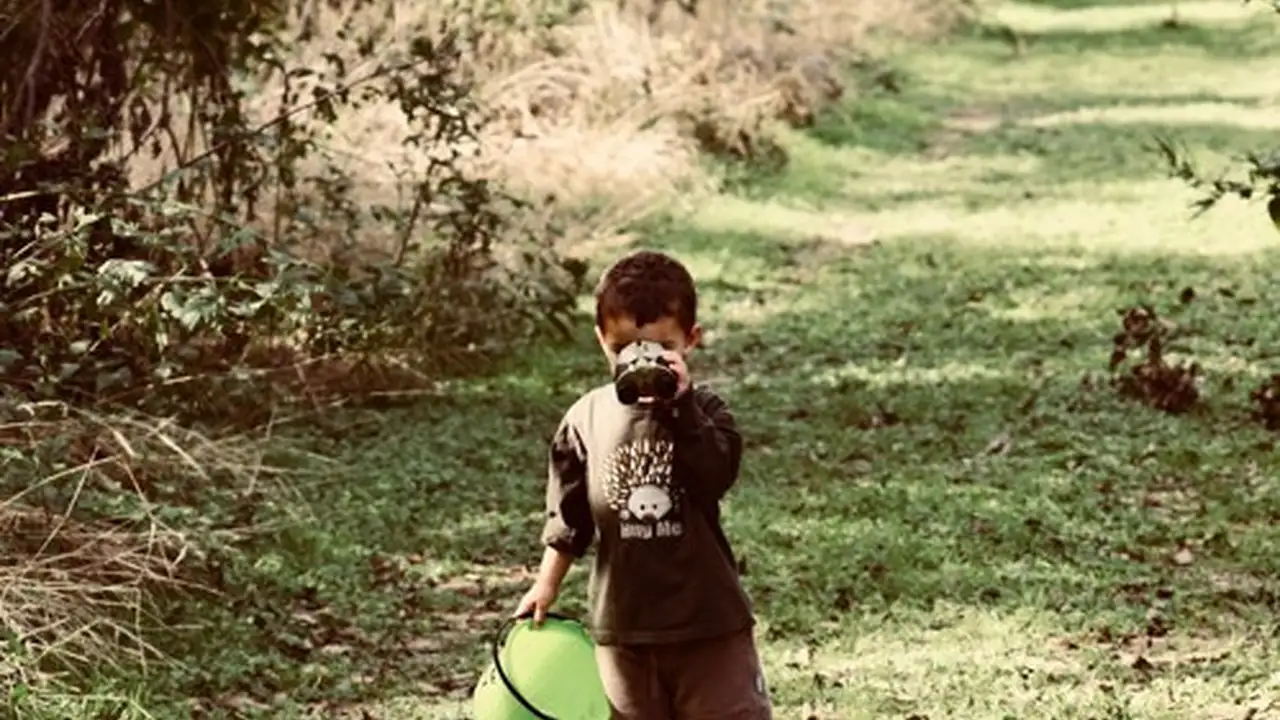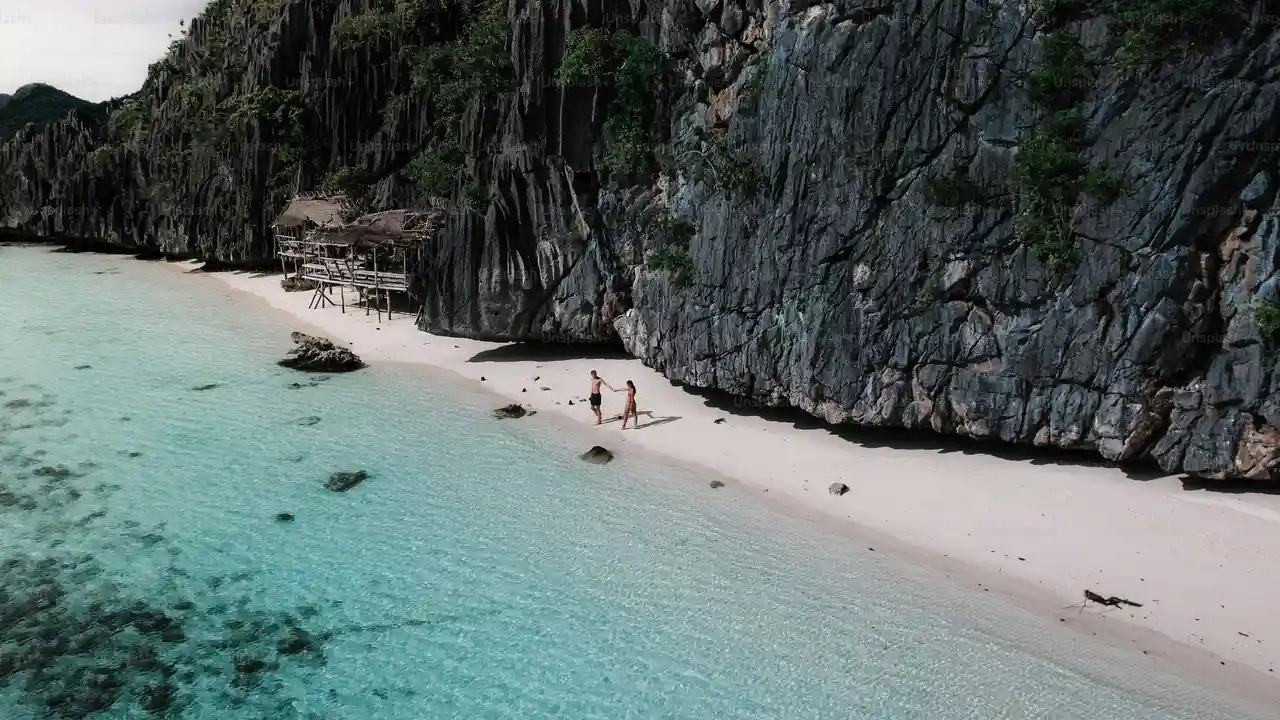Island Myths and Legends_ Exploring Folklore and Ancient Stories
Explore island myths and legends, folklore, and ancient stories. Uncover the mysteries and traditions of these captivating destinations.

Unveiling the Mystical Side of Islands: An Introduction to Island Folklore
Ever wondered about the whispers carried by the ocean breeze on a remote island? Chances are, those whispers are tales – island myths and legends passed down through generations. These aren't just bedtime stories; they're the heart and soul of island culture, reflecting the beliefs, fears, and triumphs of the people who call these isolated paradises home. From mischievous spirits to powerful gods, island folklore is a treasure trove waiting to be discovered.
Diving Deep into Polynesian Mythology: Gods, Creation Myths, and More
Let's set sail for Polynesia, a vast ocean realm dotted with islands each boasting its own unique take on ancient myths. Think of Maui, the demigod who fished up islands from the depths of the sea! Or Pele, the fiery goddess of volcanoes in Hawaii. Polynesian mythology is rich with stories of creation, powerful deities, and epic voyages. These tales explain the origin of the islands, the natural phenomena, and the relationship between humans and the divine. Exploring Polynesian mythology is like stepping into a vibrant, living tapestry woven with magic and wonder.
Product Recommendation: 'Maui: Demigod, Hero, Trickster' by Peter Gossage. This children's book beautifully illustrates the adventures of Maui, making Polynesian mythology accessible and engaging for all ages. Available on Amazon for around $15.
Caribbean Legends and Folklore: Pirates, Ghosts, and Sea Monsters
Ahoy, mateys! The Caribbean islands are steeped in tales of pirates, hidden treasures, and ghostly encounters. From the legend of Captain Kidd's buried loot to the chilling stories of haunted plantations, the Caribbean's past is as turbulent as its turquoise waters. And let's not forget the mythical creatures lurking beneath the waves, like the Lusca, a monstrous half-shark, half-octopus said to dwell in the blue holes of the Bahamas. Exploring Caribbean legends is like embarking on a thrilling adventure into a world of swashbuckling pirates, voodoo magic, and spine-tingling mysteries.
Southeast Asian Island Folklore: Spirits, Dragons, and the Power of Nature
Venture into Southeast Asia, where island folklore is deeply intertwined with the natural world. In Indonesia, you might hear tales of Dewi Sri, the rice goddess who brings prosperity and abundance. In the Philippines, stories of mythical creatures like the Aswang (a shape-shifting monster) keep children close to home at night. And across the region, dragons are revered as symbols of power, good fortune, and protection. Southeast Asian island folklore is a testament to the profound connection between the people and the land, where spirits roam free and the forces of nature reign supreme.
Product Recommendation: 'Philippine Folk Literature: An Anthology' edited by Damiana L. Eugenio. This comprehensive collection features a wide range of Philippine myths, legends, and folktales, providing valuable insights into the country's rich cultural heritage. Available in academic bookstores and online for around $30.
Island Legends and Their Impact on Modern Culture and Tourism
These ancient stories aren't just relics of the past; they continue to shape island culture and influence the tourism industry. Many island festivals and celebrations are rooted in traditional myths and legends, offering visitors a glimpse into the authentic spirit of the place. From storytelling performances to traditional dances, these cultural events bring the legends to life, allowing travelers to connect with the local community on a deeper level. Moreover, some tourist attractions are even based on local legends, offering unique and immersive experiences. Imagine exploring a haunted castle in the Caribbean or visiting a sacred volcano in Hawaii – these are just a few examples of how island legends continue to captivate and inspire.
The Importance of Preserving Island Folklore for Future Generations
It's crucial to safeguard these precious stories for future generations. As the world becomes increasingly interconnected, there's a risk that island folklore will be forgotten or diluted. That's why it's essential to support local initiatives that promote the preservation of traditional knowledge and cultural heritage. This could involve funding storytelling programs, documenting oral traditions, and encouraging young people to learn about their ancestors' beliefs and customs. By preserving island folklore, we can ensure that these captivating stories continue to inspire, educate, and enrich our lives for years to come.
Comparing Island Mythologies: Similarities and Differences
While each island region boasts its unique set of myths and legends, there are also fascinating similarities that connect them. For instance, many island cultures share a reverence for the ocean and its creatures, with stories of sea gods and goddesses playing a prominent role. Similarly, creation myths often involve a powerful deity or force that brought the islands into existence. However, there are also significant differences, reflecting the distinct environments, histories, and cultural influences of each region. Comparing island mythologies can reveal surprising insights into the human experience and the diverse ways in which we make sense of the world around us.
Island Legends and Environmental Conservation: A Connection to Nature
Island folklore often reflects a deep understanding of the natural environment and the importance of living in harmony with nature. Many legends feature animals, plants, and natural phenomena as central characters, highlighting their significance in the island ecosystem. These stories can teach valuable lessons about environmental conservation and the need to protect the fragile beauty of island environments. By understanding the traditional beliefs and practices of island communities, we can gain a deeper appreciation for the importance of sustainable tourism and responsible environmental stewardship.
Product Recommendation: A Guidebook to Responsible Island Tourism
While not a specific product tied to a legend, a guidebook focused on responsible island tourism can promote the preservation of cultural heritage and environmental protection, values often embedded within island folklore. Look for guides that emphasize supporting local businesses, respecting cultural traditions, and minimizing environmental impact. These guides are often available in local bookstores or online for around $20-$25.
5 Best Island Museums for Exploring Local History and Culture
Island museums offer a tangible connection to the past, bringing local history and culture to life through artifacts, exhibits, and interactive displays. Here are five of the best:
- Bishop Museum (Honolulu, Hawaii): A treasure trove of Polynesian artifacts and cultural exhibits.
- Barbados Museum & Historical Society (Bridgetown, Barbados): Explore the history of Barbados from pre-colonial times to the present day.
- National Museum of the Philippines (Manila, Philippines): Discover the rich cultural heritage of the Philippines.
- Te Papa Tongarewa (Wellington, New Zealand - while not strictly an 'island', it focuses heavily on Maori and Pacific Island culture): An interactive museum showcasing the history and culture of New Zealand and the Pacific.
- Guam Museum (Hagatna, Guam): Learn about the history and culture of Guam and the Mariana Islands.
:max_bytes(150000):strip_icc()/277019-baked-pork-chops-with-cream-of-mushroom-soup-DDMFS-beauty-4x3-BG-7505-5762b731cf30447d9cbbbbbf387beafa.jpg)






